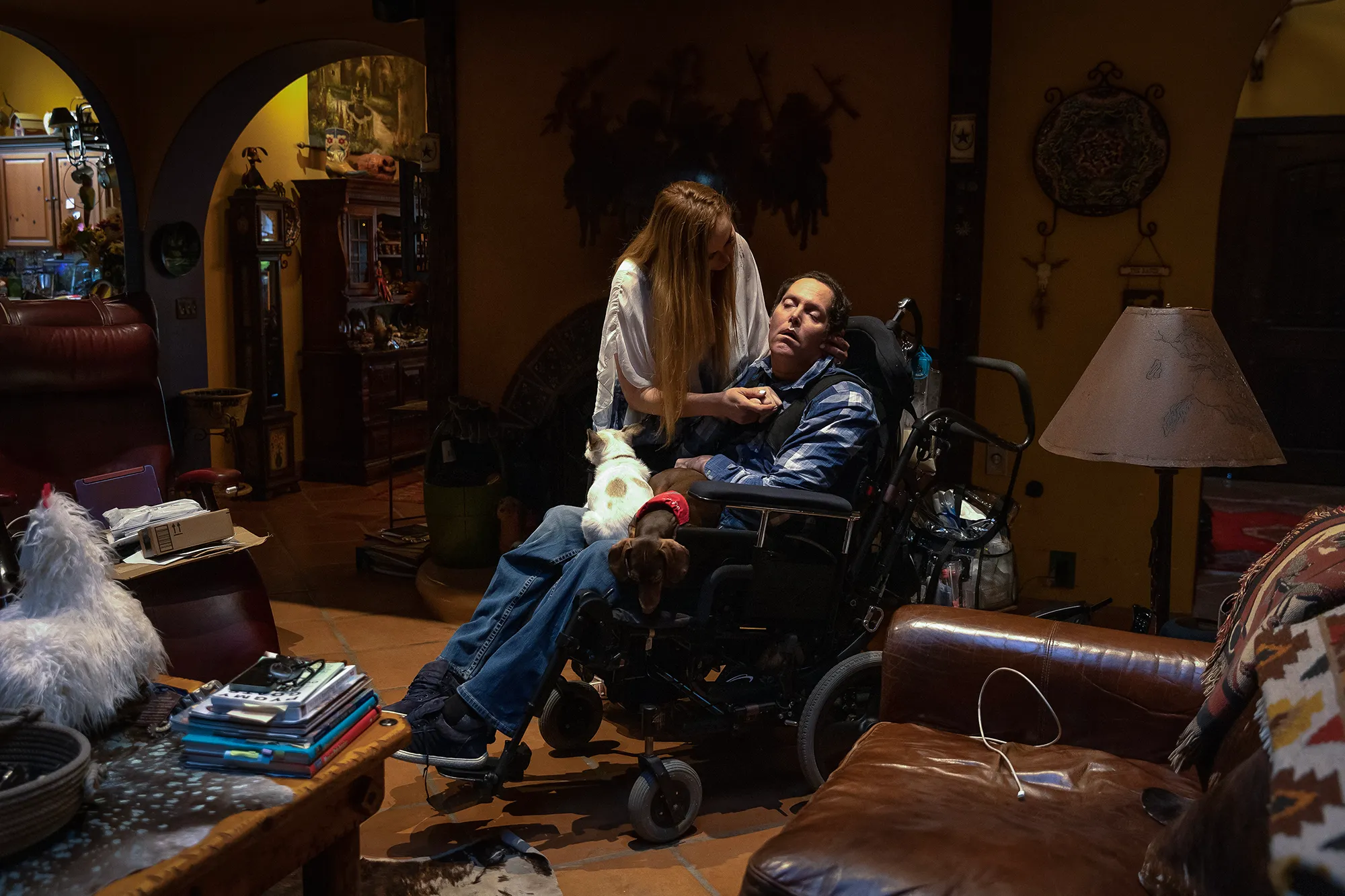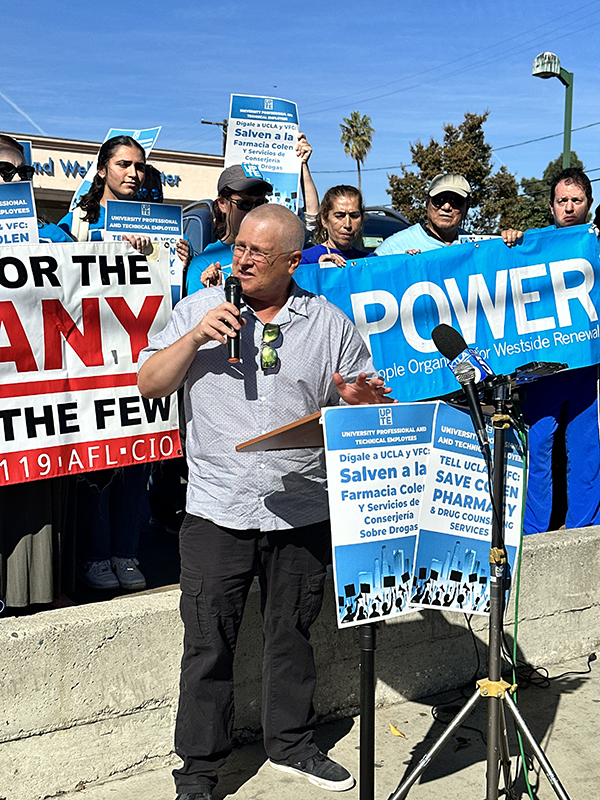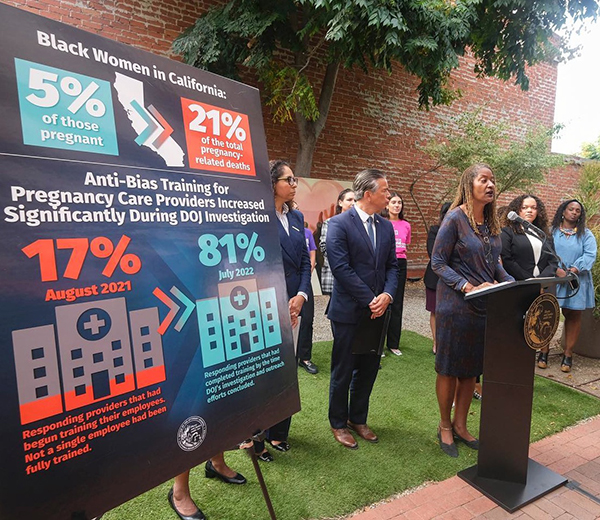By Marie Y. Lemelle
Contributing Writer
Since 1949, Mental Health Awareness Month has been observed every May.
Data shows that the pandemic has had a profound impact on the population and has brought the reality of mental illness to the forefront.
The National Alliance on Mental Illness reports that 20.6% of U.S. adults experienced mental illness in 2019 (51.5 million people); 5.2% of U.S. adults experienced serious mental illness in 2019 (13.1 million people); 16.5% of U.S. youth aged 6-17 experienced a mental health disorder in 2016 (7.7 million people); and 3.8% of U.S. adults experienced a co-occurring substance use disorder and mental illness in 2019 (9.5 million people).
In a call to bring awareness to what millions of Americans face each year and especially since the pandemic changed so many lives, Dr. Luis M. Sandoval, a psychiatrist, and Dr. Elizabeth E. Hudson, regional chief of infectious diseases, both at Kaiser Permanente Southern California, offer advice from a mental health perspective to best cope with the constant change in COVID-19 news, restrictions and the long-awaited return to normalcy.
When the news from California Gov. Gavin Newsom’s office suggesting that the face mask mandate may end on June 15, it was welcomed by many, but for others the change may be overwhelming.
“We still don’t have all the answers about how to best combat this virus, and now that it seems as though we’re going to start opening up our society to return to what we hopefully remember as a sense of normalcy, we might find that we’re ironically anxious about doing so,” Sandoval said. “After a year of quarantine, the body and mind have adapted to this new lifestyle.
“As such, there will be a readjustment period for many of us to engage in public venues and socializing once again in person. It’s natural to lose some confidence in doing things you haven’t done in a while.”
According to Dr. Sandoval, examples of anxiety can include: Is it safe now to go out to restaurants, stores or department stores? What happens if I contract COVID-19? Should I get the vaccine or not? What if I have the vaccine and others don’t? Am I still at risk? Do I still have my same friends, or have we lost touch? My children are now in school and I am worried that they will contract COVID-19.
“These and others are natural concerns, but we can help to combat this anxiety by trying to reintegrate into the new openings one step at a time,” Sandoval said. He advised people not be too hard on yourself if you are finding it difficult to get back into a routine as more and more restrictions are lifted.
“As many of us had to readjust to a lockdown at the start of the pandemic, we should anticipate it might take time to get used to a return to normalcy, as change is never easy,” Sandoval said. “Being hit with a lot of stimuli can lead to a sensory overload.”
The U.S. Centers for Disease Control and Prevention also updated its guidelines on mask-wearing for fully vaccinated individuals and announced that people who are fully vaccinated do not need to wear masks in most settings.
“For one, cases in this country have come down more than 30% over the last two weeks; two, vaccines are available to anyone who wants it; and three, we are not seeing people who are infected despite the vaccine being able to transmit it to others,” said CDC Director Dr. Rochelle P. Walensky, who served on the frontline of the COVID-19 pandemic and conducted research on vaccine delivery and strategies to reach underserved communities.
“So, with those three pieces of evidence, all of which have emerged and compounded over the last week or two, we really felt like now was the time to change the guidance to say individuals who are vaccinated truly are safe to take off their masks.”
In spite of these new guidelines, medical experts state that following more than a year of isolation in which people experienced changes in how they shop, interact and communicate primarily through virtual methods, face-to-face interaction can lead to anxiety and other mental health challenges.
Lancet Psychiatry Journal’s recent study titled, “COVID-19 effect on mental health: patients and workforce,” found a third of COVID-19 patients developed some sort of mental health or brain disorder.
“It is likely going to take some time for us all to feel comfortable going mask-less,” Hudson said. “They’ve offered us some security as we’ve faced the scary time of living through a global pandemic; a pandemic that is not over yet.
“The best thing people can do is if they are worried about going mask-less is to take it slowly. If you still want to wear a mask to the grocery store after the mask mandate is lifted, you still can.
“You should follow the latest state and county guidelines on when/where you can be mask-less, depending on your vaccination status and follow your own level of comfort in deciding when/where to go mask-less.”
Hudson suggests that if family members are feeling anxious, they should be asked what in particular they are anxious about?
“Many times, we start to feel better if we can 1) talk about our anxieties and 2) challenge how true to life our concerns are,” she said. “It is easier to confront our anxiety if we can discuss it with other people.”
When anxiety begins to take over, there are options to cope.
“If our anxiety gets to the point where we feel that we are not functioning well, we cannot perform our duties at work, or we cannot enjoy our hobbies or the normal things that bring us joy, then it is time to consider consulting a professional,” Hudson said. “Untreated anxiety can lead to fear and depression, but with therapy and medication we can start to feel like ourselves again.”
After a year of mandated and/or self-imposed isolation, the return to normalcy may feel uncomfortable.
“Since we have been isolated from our family and friends over the last year, it may actually feel awkward to start to meet again in person for different reasons,” Hudson said. “We might note that we have forgotten how to be comfortable in social situations after being isolated for a year. We might have developed different interests or hobbies.
“We could also have different comfort levels on how to reopen our communities and what precautions to take. It will be important to be patient with each other and remember to value each other’s opinions. Let’s not forget that kindness will go a long way when we meet in person again and start to rekindle our relationships.”
Hudson reminds people that if they get COVID-19, the best recommendation is to follow the direction your healthcare provider gives you.
“You will need to isolate yourself at home, get plenty of rest and follow-up with your healthcare provider,” she said. “Vaccination protects you, your family and the larger community. All of the vaccines available in the U.S. now are safe, well-studied and effective. Vaccination is our collective way out of the pandemic.”
COVID-19 vaccines are available to everyone age 12 and up. Go to the California Department of Public Health website to schedule an appointment for a free vaccine at MyTurn.CA.Gov. For those who prefer to make an appointment by phone, call the California COVID-19 Hotline at (833) 422-4255 for assistance.
“It’s all about taking it step by step and moving at your own pace,” Sandoval said. “Don’t rush. Take your time to readjust, and you will find that the return to normalcy will be much easier to embrace.”
Marie Y. Lemelle is the founder of www.platinumstarpr.com and a film producer. She can be reached at MarieLemelle@platinumstarpr.com. Follow her on Instagram @platinumstarpr.












